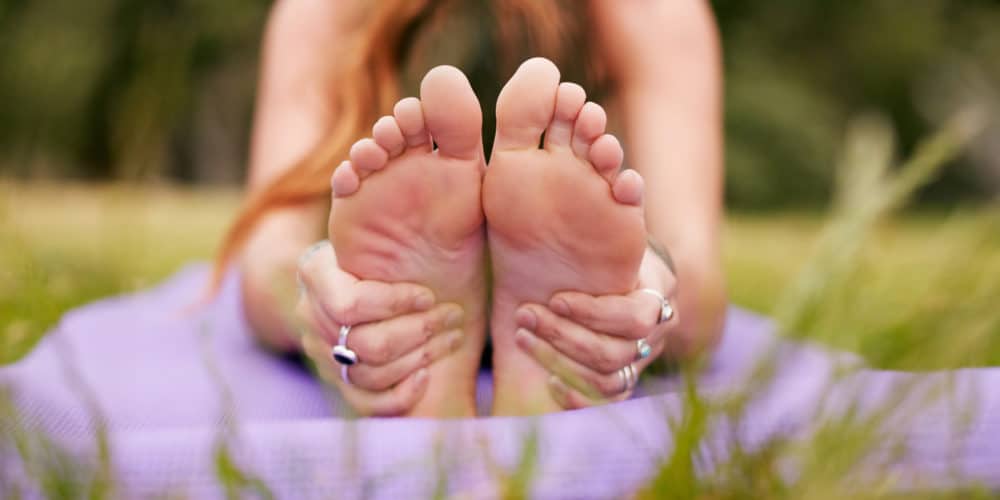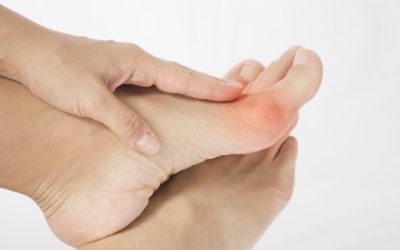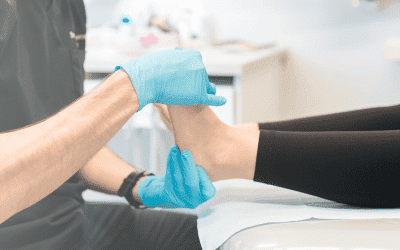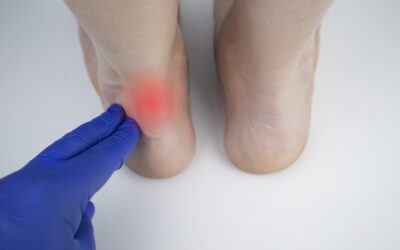Achilles’ tendinopathy is a very common problem in runners. indeed this pathology is often the result of overuse of the tendon which connects the calf muscle to the heel. This tendon is one of the largest and strongest in the human body. But how does achilles tendinitis occur, what are the symptoms and how can it be healed? we will discuss all these factors in this article.

ACHILLES TENDONITIS SYMPTOMS
As we mentioned above, as this is one of the largest and most powerful tendons in the human body, when it suffers injury, there are repercussions all over the body. Tendinitis can be chronic or acute.
When a person suffers from chronic Achilles tendinitis, the most common symptoms are:
- Swelling of the tendon,
- Pain when training,
- Sensitivity of the tendon when being manipulated,
- Increasing pain,
- Stiffness of the tendon after a period of rest,
- Pain in the tendon when walking.
However, a person suffering from acute Achilles tendinitis may have different symptoms. Indeed, it is a pain which appears when the person exercises and decreases during activity. The pain is also stronger when you wake up and can be very sensitive to touch, and pressure may lead to persisting pain behind the ankle.
What differentiates the symptoms of these two forms of tendinitis is the intensity and the duration of the pain.
HERE ARE THE CAUSES OF ACHILLES TENDONITIS
It often occurs in runners and is caused by repetitive mechanical pressure inflicted on the Achilles heel during exercise. Moreover, Achilles tendinitis is likely to appear when the person does not rest long enough between two exercise sessions. In addition to too much physical activity, other factors may explain the risks of Achilles tendinitis like:
- Misalignment in the feet, ankle equinus,
- Inappropriate running habits,
- A sudden change in running shoes,
- Lack of warm up and stretches.
TREATMENT TO CURE ACHILLES TENDONITIS
We have given you some advice to follow at home to relieve and gently heal your Achilles tendonitis. Here, we will discuss solutions proposed by a podiatrist.
It is obvious that, if you suffer from Achilles tendinitis, consulting a podiatrist will enable you to have a specific diagnosis and adapted treatment. The podiatrist will proceed with a biomechanical test and an ultrasound of the foot if necessary. Following that, the podiatrist may offer prescription-based non-steroidal anti-inflammatory drugs, plantar orthoses to suit your feet and advice to improve your training habits.
IN A NUTSHELL…
Achilles tendinitis can be very bothersome and reduce your physical activity so, consulting a podiatrist is recommended in order to get treatment to relieve your pain permanently.



